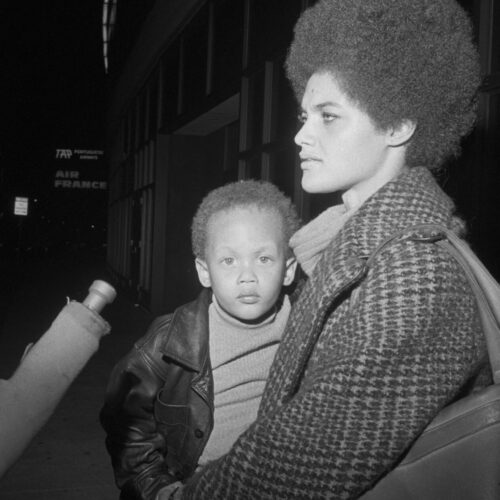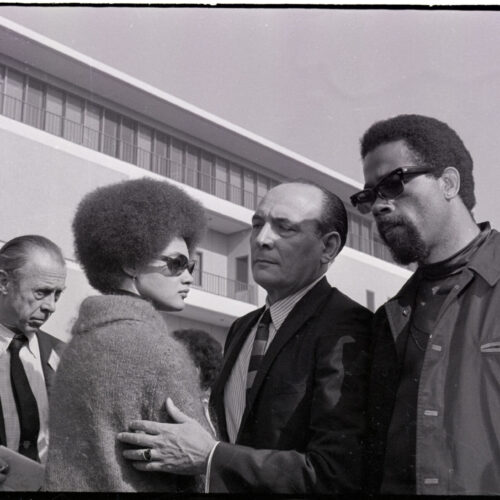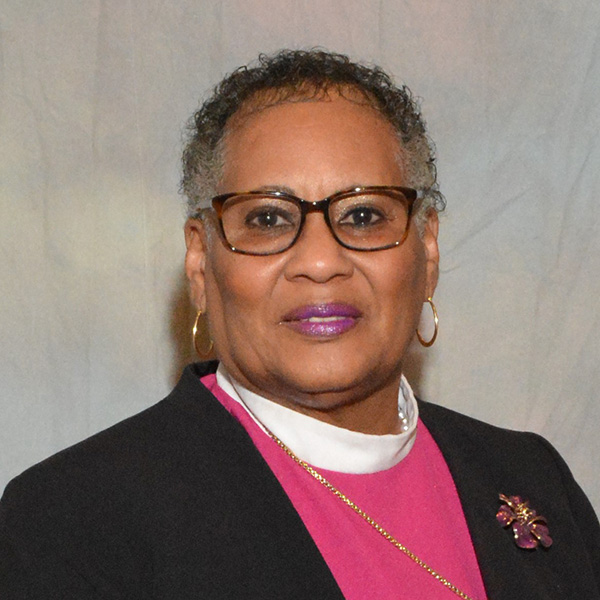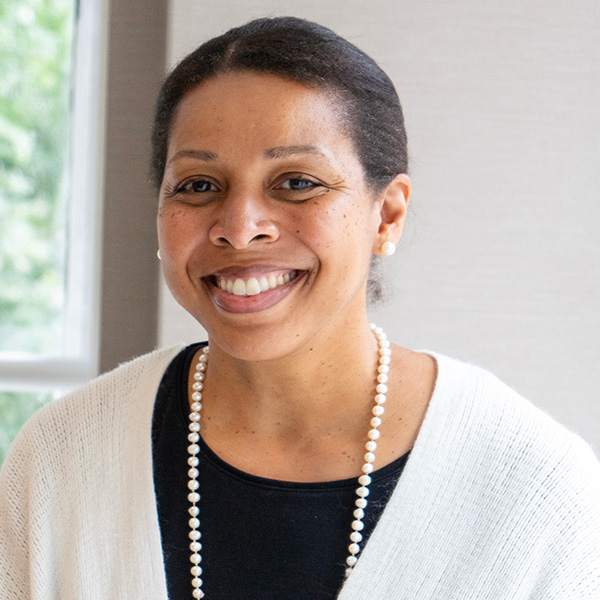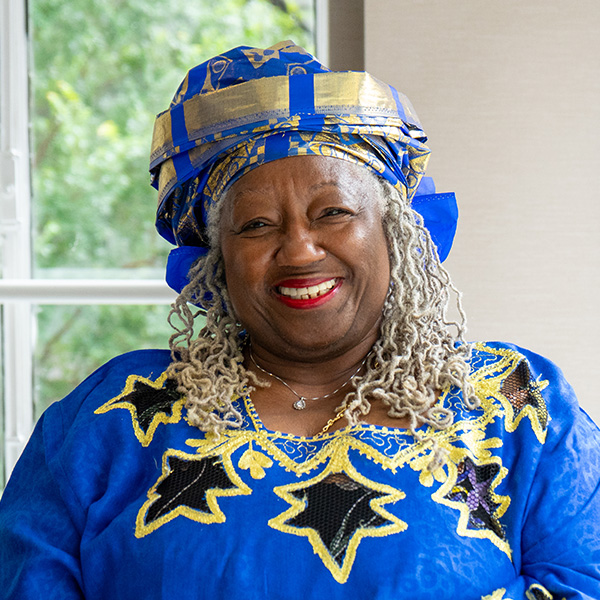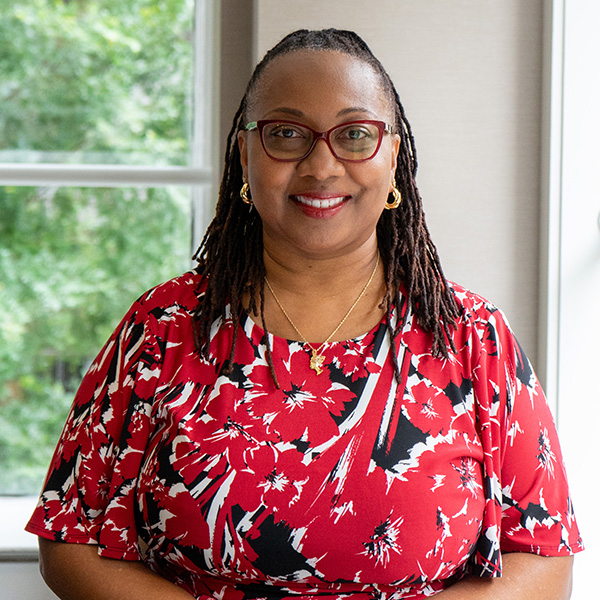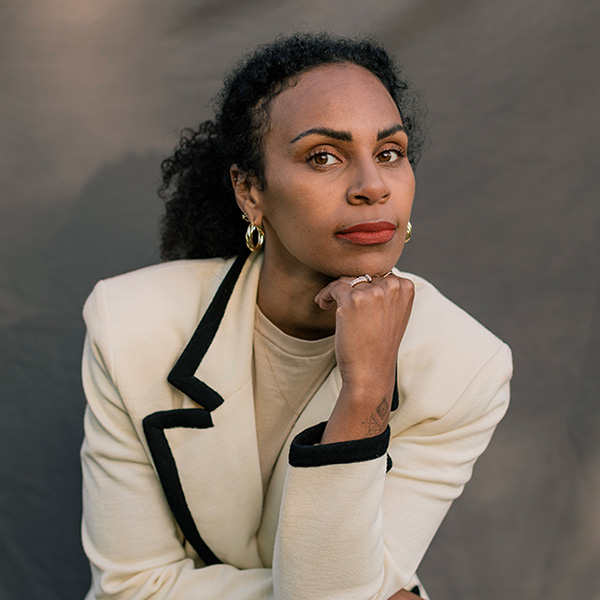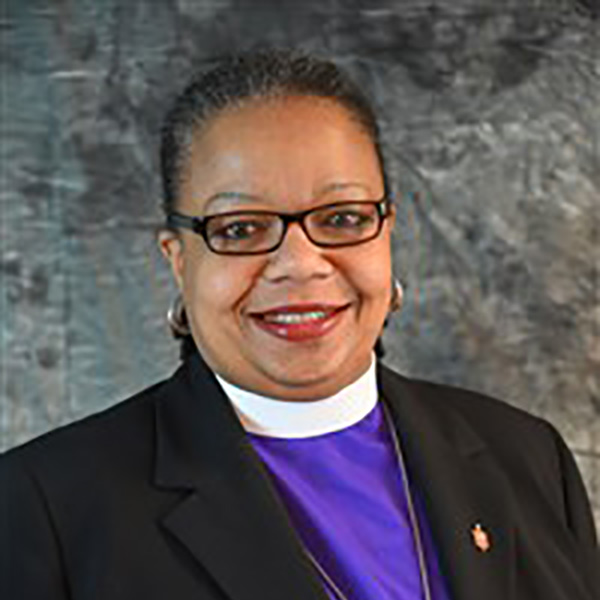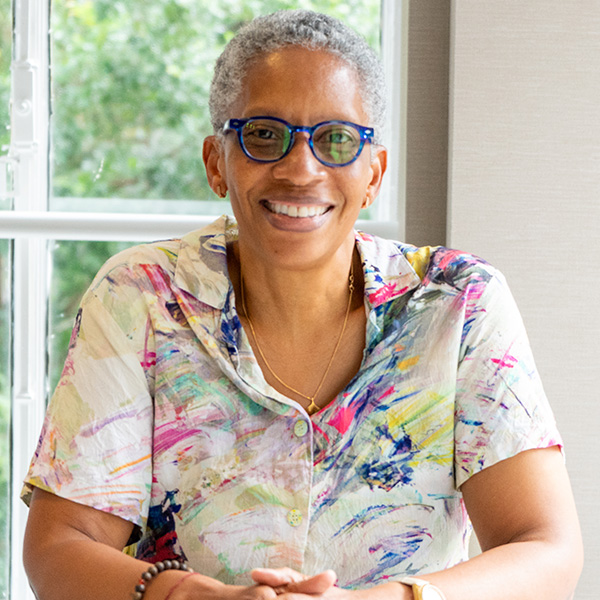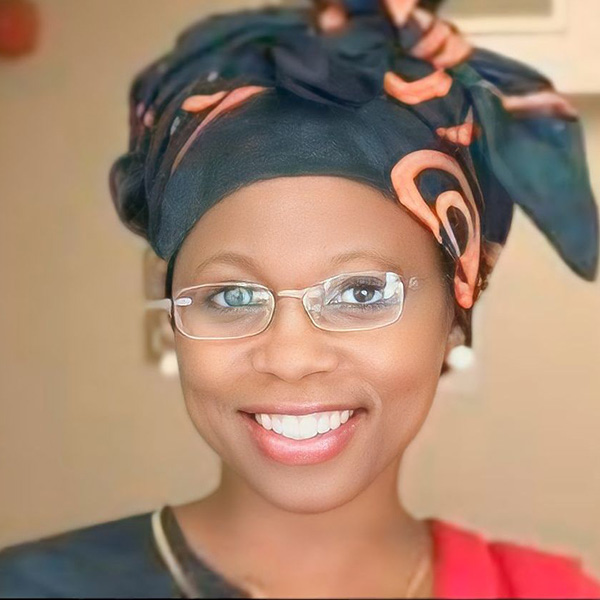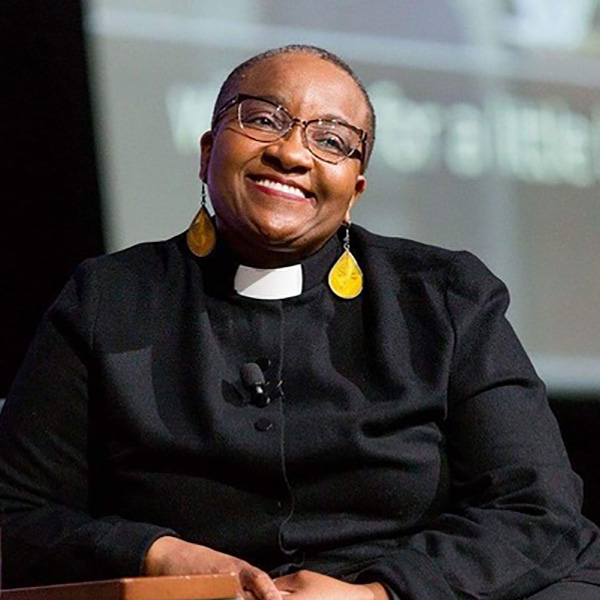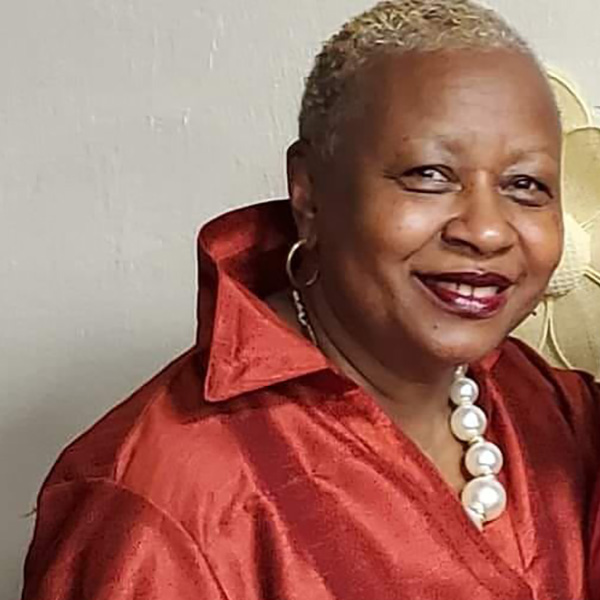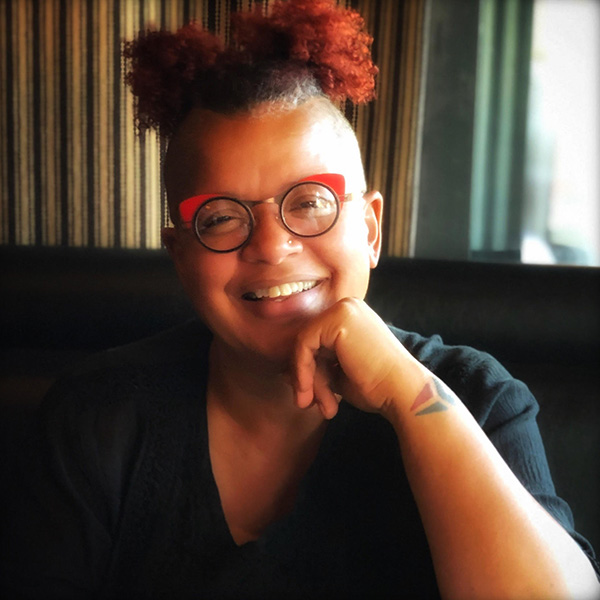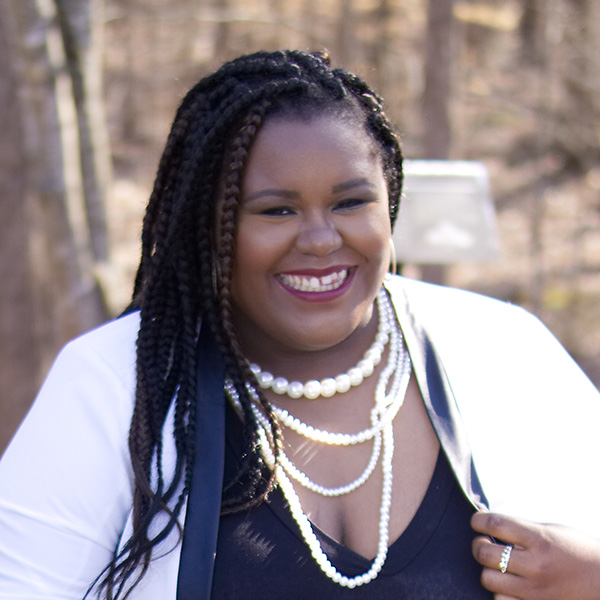Biography
Early Life
Kathleen Neal Cleaver is best known for being an influential member of the 1960s Black Panther Party political organization.
Born in Dallas Texas, she grew up in a middle-class family. Soon after her birth, her family moved to Tuskegee, Alabama. They remained in Tuskegee for 6 years.
The family then spent several years in international locations such as India, Sierra Leone, Liberia, and the Philippines. Cleaver’s life would forever be changed by her experiences living abroad in countries mainly populated by people of color.
Cleaver returned to the United States as a teen and attended high school. She graduated in 1963 from the George School, a Quaker boarding school.
She enrolled in Ohio’s Oberlin College but eventually transferred to Barnard College. It was at this point her interest in activism was sparked.
Cleaver recalled during a 1997 interview, “From high school on, I was attracted to the activists; what they were doing was like frontline combat.”
Black Panther Activism
In 1967, she became secretary of the SNCC campus program. Later that year she became the first woman included in the Black Panther Party central committee.
She was keenly aware of the “black struggle.” During a 1997 interview with Susie Linfield, Cleaver stated, “There were strong black communities; the problem with that kind of thinking is that it ignores the violence and exclusion that created those strong black communities.”
Kathleen Clever exhibited leadership skills in her role with the Black Panther Party. She was always aware of her position as a community leader.
During an interview at the Schlesinger Library, Cleaver stated, “It never once entered my head that women couldn’t be civil rights leaders or organizers; like hundreds of my peers, I was thrilled when I had the chance to join the movement”.
She met Eldridge Cleaver, Information Minister of the Black Panther Party in 1967, and on December 27th, 1967 they wed. A year later, Eldridge Cleaver fled into political exile in Algeria. Kathleen Cleaver later joined her husband and gave birth to their son. She later gave birth to their daughter in North Korea.
Political Leadership & Academia
Kathleen Cleaver and her husband divorced. It was at this point her politics started to change. Per Cleaver, “There is no job security in being a revolutionary.”
She turned back to her education and enrolled at Yale University. She graduated from Yale in 1983 with honors and from Yale Law School in 1989. She then joined the prestigious law firm of Cravath, Swaine, and Moore.
In 1991, she clerked for Judge A. Leon Higginbotham in the U.S. Court of Appeals for the Third District.
In 1992, she joined the law faculty of Emory University and served on the Georgia Supreme Court for Racial and Ethics Bias in the courts.
In 1997, she served as a visiting professor at the Benjamin N. Cardozo School of Law in New York.
In 1998, she received a Wallenberg Fellowship in Human Rights at the Center for Historical Analysis at Rutgers University. She served as a visiting faculty member in Yale University’s History Department and African American Studies Program.
She was also the Joanne Woodward Professor of Public Policy at Sarah Lawrence College in 1999.
In recent years, Cleaver has stayed busy. In addition to her teaching career, she continued her work as an activist for prison reform, including seeking freedom for death-row inmate Mumia Abu-Jamal and habeas corpus for Geronimo Pratt.
In January 2001, Cleaver hosted “The Heritage: The Panther Perspective” on the BET Movies cable channel. She also served as executive producer of the International Black Panther Film Festival in Harlem that year and was employed as a senior research associate at Yale Law School.
Kathleen Cleaver’s life has spanned a very interesting spectrum. She has been a trailblazer, educator, and activist among other things.
One thing for sure is that she has been led by her spirituality in all of her endeavors. It makes one wonder what the future holds for this phenomenal woman.
